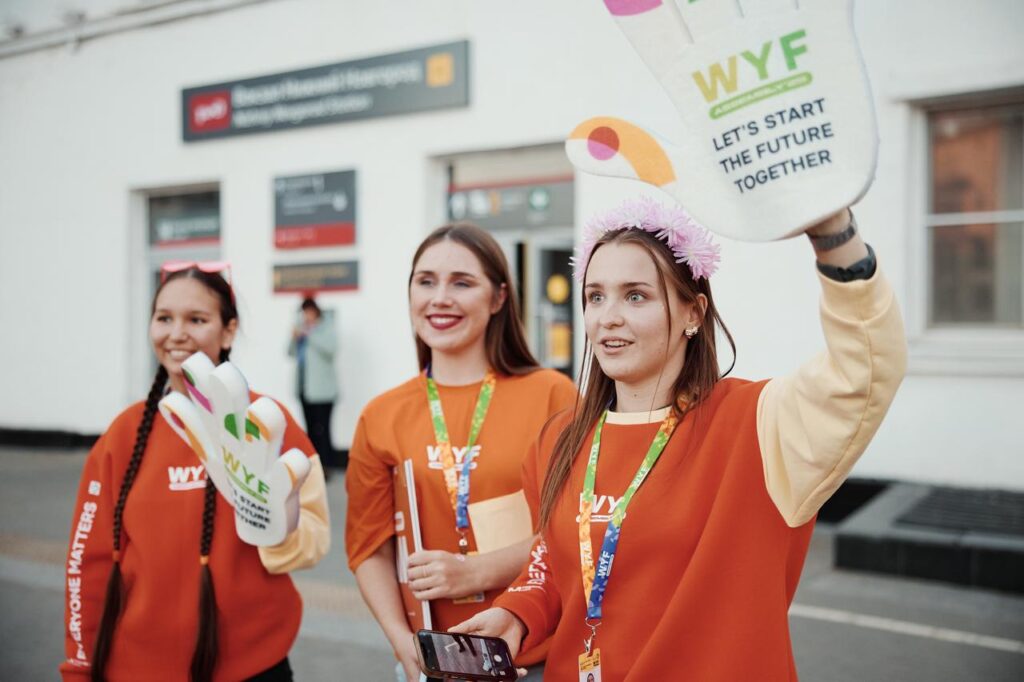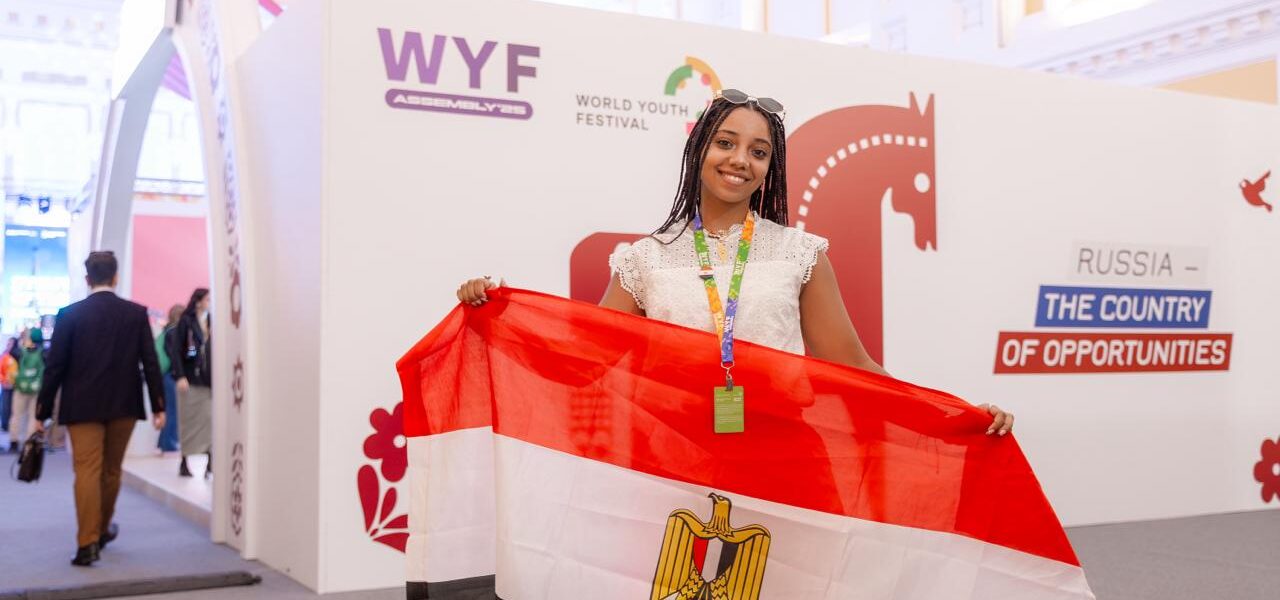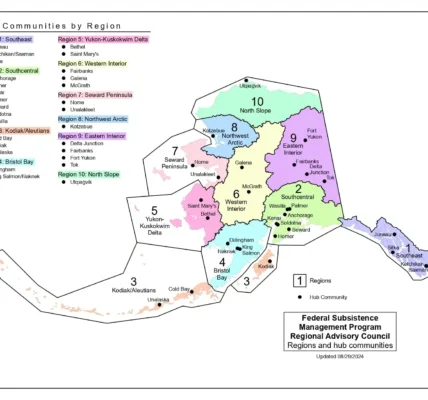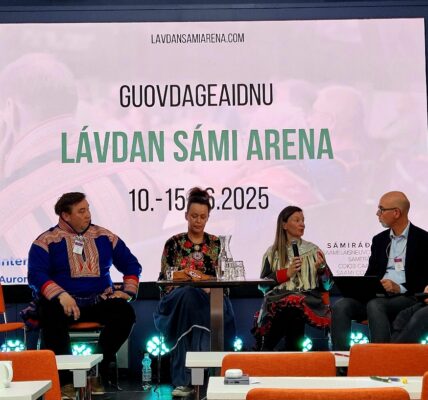For four days this September, the banks of the Volga in Nizhny Novgorod became a meeting place for two thousand young people from around the globe. The World Youth Festival Assembly (WYF), held September 17th to 20th, drew participants from 120 countries, bringing together one thousand Russians and one thousand international delegates in what organizers described as a “platform for dialogue, friendship, and opportunity.”
The setting was both symbolic and practical. Nizhny Novgorod, a city of contrasts—industrial but historic, provincial yet dynamic—provided a backdrop that reflected the ambitions of the festival itself: to create spaces where tradition and innovation coexist, and where international cooperation could take root in a rapidly shifting world.
The event was not merely a cultural showcase. It was framed as a statement about the role of young people in shaping what many participants and organizers called a “multipolar world,” one that looks beyond dominant global powers toward broader, shared influence.
Building Bridges Beyond Borders
At its core, the World Youth Festival Assembly aimed to foster dialogue among the rising generation of professionals, activists, and entrepreneurs. For participants, the encounter promised not only new contacts but also the prospect of building a future with fewer political and cultural barriers.
The official theme—friendship, cooperation, and opportunity—was echoed in speeches and in spontaneous conversations across the venue. Delegates engaged in debates on youth policy, attended training workshops, and pitched business ideas to investors. Others took part in creative competitions, sports challenges, and cultural exchanges that blended the formal with the festive.
“This festival proves that when cultures interact, not just coexist, something greater is born,” said Vanessa Natalie Lopez Tena, a participant from Ecuador. “A shared future that we build together through education, cooperation, and mutual understanding.”
A Platform for Young Entrepreneurs
One of the most significant outcomes of the gathering was the launch of the BRICS Business Mentoring Program. Designed to connect young entrepreneurs with seasoned business leaders from Brazil, Russia, India, China, South Africa, and the bloc’s newest partners, the program signaled Russia’s intent to anchor youth dialogue in practical, forward-looking economic cooperation.
For many, the program was more than an opportunity for professional advancement. It was also a chance to challenge stereotypes about Russia’s economic landscape and to build sustainable links in sectors ranging from technology to creative industries.
Entrepreneurs presented start-ups, pitched projects, and in some cases, secured early commitments from investors. “We’re not just learning how to succeed in business,” one participant from Ghana explained. “We’re learning how to succeed together.”
Seven Tracks for a Shared Future
The WYF was structured around seven thematic “tracks,” reflecting the wide range of youth ambitions: media; creative industries; public administration; entrepreneurship; sports; education and science; and digitalization and IT.
The modular design allowed participants to focus on their chosen field while also engaging with peers across disciplines. Journalists-in-training joined media labs to learn content production. Athletes tested themselves in extreme sports competitions. Young officials and aspiring policymakers debated public administration reforms.
The design mirrored the ethos of the festival: that the future will not be built in silos but at the intersections of disciplines and ideas.
Learning, Competing, and Creating
Over 80 interactive events were packed into the four-day program. These included master classes, case studies, and skill-building workshops led by more than 200 experts from 40 countries, including the United States, Brazil, Germany, and Ghana.
Participants described the experience as both intensive and exhilarating. “I made useful contacts not only here in Russia but with people who share my goals abroad,” said one delegate from Italy. “I feel I can bring this energy back home and translate it into action.”
Others highlighted the opportunities for creativity: auditions for production labels, live art showcases, and media competitions that offered real-world platforms for young talent.
Voices of the Next Generation
Perhaps the most striking feature of the festival was the participation of teenagers in a specially curated “children’s track.” Two hundred young people aged 14 to 17—half from Russia, half from abroad—were invited to take part in a program designed to spark early collaboration across borders.
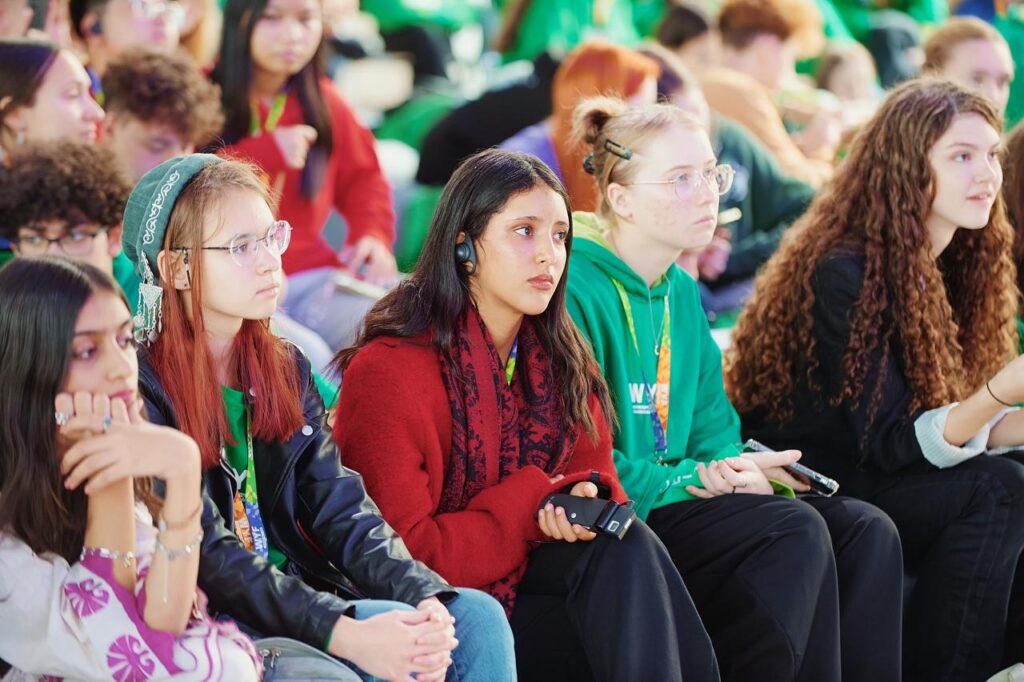
For Sebastian Didier Belay, a 16-year-old from Slovakia, the impact was immediate. “This World Youth Festival Assembly gave me experience and new friends from all over the world,” he said. “It is precisely these kinds of connections abroad that open doors to the future—a future where there are no borders between us, only friendship, common goals, and the joy of mutual understanding.”
By including adolescents, the festival underscored its ambition to reach beyond immediate opportunities and cultivate long-term international friendships.
Russia Through a Different Lens
For many international participants, the trip offered their first unfiltered encounter with Russia. Against the backdrop of shifting geopolitics, the festival provided a stage where foreign visitors could see the country outside of headlines.
“It allowed us to see the real Russia,” said one participant from Brazil. “Not the Russia of political narratives, but the Russia of people—creative, curious, and open to dialogue.”
For Russia, the festival was also a chance to project soft power, presenting itself not just as a geopolitical actor but as a host and partner eager to engage with global youth.
Music, Media, and Moments of Celebration
As the formal sessions closed, the festival ended on a note of celebration. A live concert brought together performers from multiple countries, highlighting the role of culture in bridging divides. The closing ceremony featured a live broadcast of Intervision 2025, an international music competition billed as a counterpart to Eurovision but with a broader geographic scope.
For many delegates, the concert was a reminder that even in a setting defined by policy discussions and workshops, the human element—shared songs, laughter, and celebration—remained central.
Beyond the Festival
The World Youth Festival Assembly was more than a four-day gathering. It reflected broader shifts in international youth engagement, where cross-border collaboration increasingly takes center stage. In the words of one Russian organizer, the WYF was “not an endpoint but a beginning”—an effort to build networks that would continue long after the last song of the closing concert faded. Whether these networks endure will depend on the energy and persistence of the young people themselves. But in Nizhny Novgorod, for at least four days, the idea of a shared future—built on dialogue, creativity, and cooperation—was not an abstract slogan but a lived experience.
